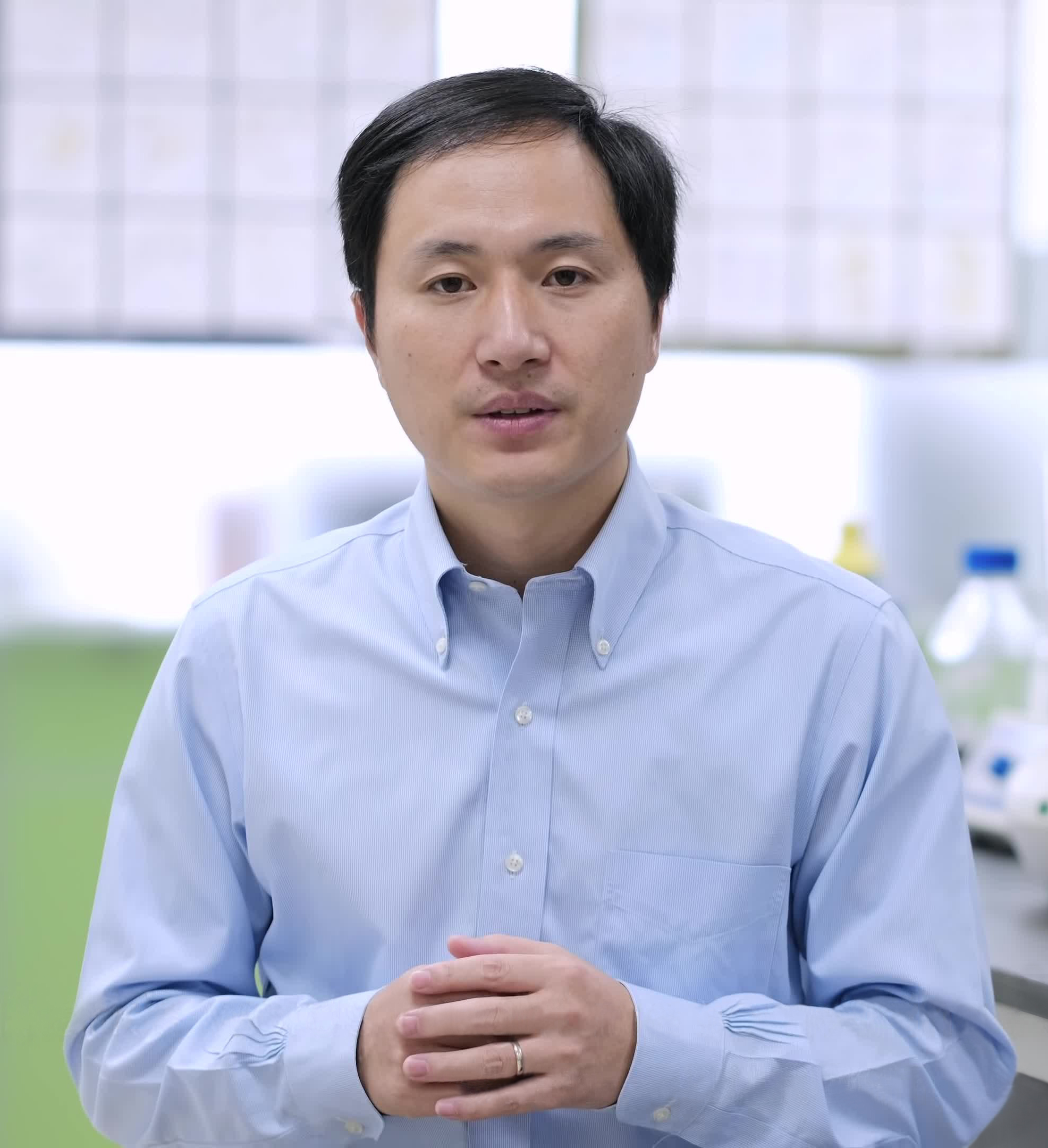Disgraced Chinese scientist wants to get back in the lab
By Katrina Northrop,
The Washington Post
| 04. 06. 2025
photo via Wikimedia Commons licensed under CC by 3.0
China's most infamous scientist is attempting a comeback. He Jiankui, who went to jail for three years after claiming he had created the world's first genetically altered babies, says he remains committed to returning to the lab - and to using gene editing to cure diseases like Alzheimer's. He, 41, has no lab or academic affiliations, and he can't travel: He says the Chinese government has confiscated his passport. But far from being disgraced after international condemnation, He presents himself as a martyr to the controversial technology, even as other scientists worry about its ethical implications.
"There has to be some person to speak for it," He said in an interview. "And I am the person." But much about He's original experiment and purported return to science remains murky. He admits he doesn't have a lab in Beijing - despite posting photos on X suggesting otherwise - and his relationship to the Chinese government, which is intent on developing a leading biotechnology industry, is, well, complicated. Simply put: He could be...
Related Articles
By Anumita Kaur [cites CGS’ Katie Hasson], The Washington Post | 03.25.2025
Genetic information company 23andMe has said that it is headed to bankruptcy court, raising questions for what happens to the DNA shared by millions of people with the company via saliva test kits.
Sunday’s announcement clears the way for a new...
By Peter Wehling, Tino Plümecke, and Isabelle Bartram
| 03.26.2025
This article was originally published as “Soziogenomik und polygene Scores” in issue 272 (February 2025) of the German-language journal Gen-ethischer Informationsdienst (GID); translated by the authors.
In mid-November 2024, the British organization Hope not Hate published its investigative research ‘Inside the Eugenics Revival’. In addition to documentating an active international “race research” network, the investigation also brought to light the existence of a US start-up that offers eugenic embryo selection. Heliospect Genomics aims to enable wealthy couples to...
By Frank Landymore, Futurism | 03.18.2025
You can only throw so much money at a problem.
This, more or less, is the line being taken by AI researchers in a recent survey. Asked whether "scaling up" current AI approaches could lead to achieving artificial general...
By Craig S. Smith, Forbes | 03.08.2025
One recent evening in Shenzhen, a group of software engineers gathered in a dimly lit co-working space, furiously typing as they monitored the performance of a new AI system. The air was electric, thick with the hum of servers and...




